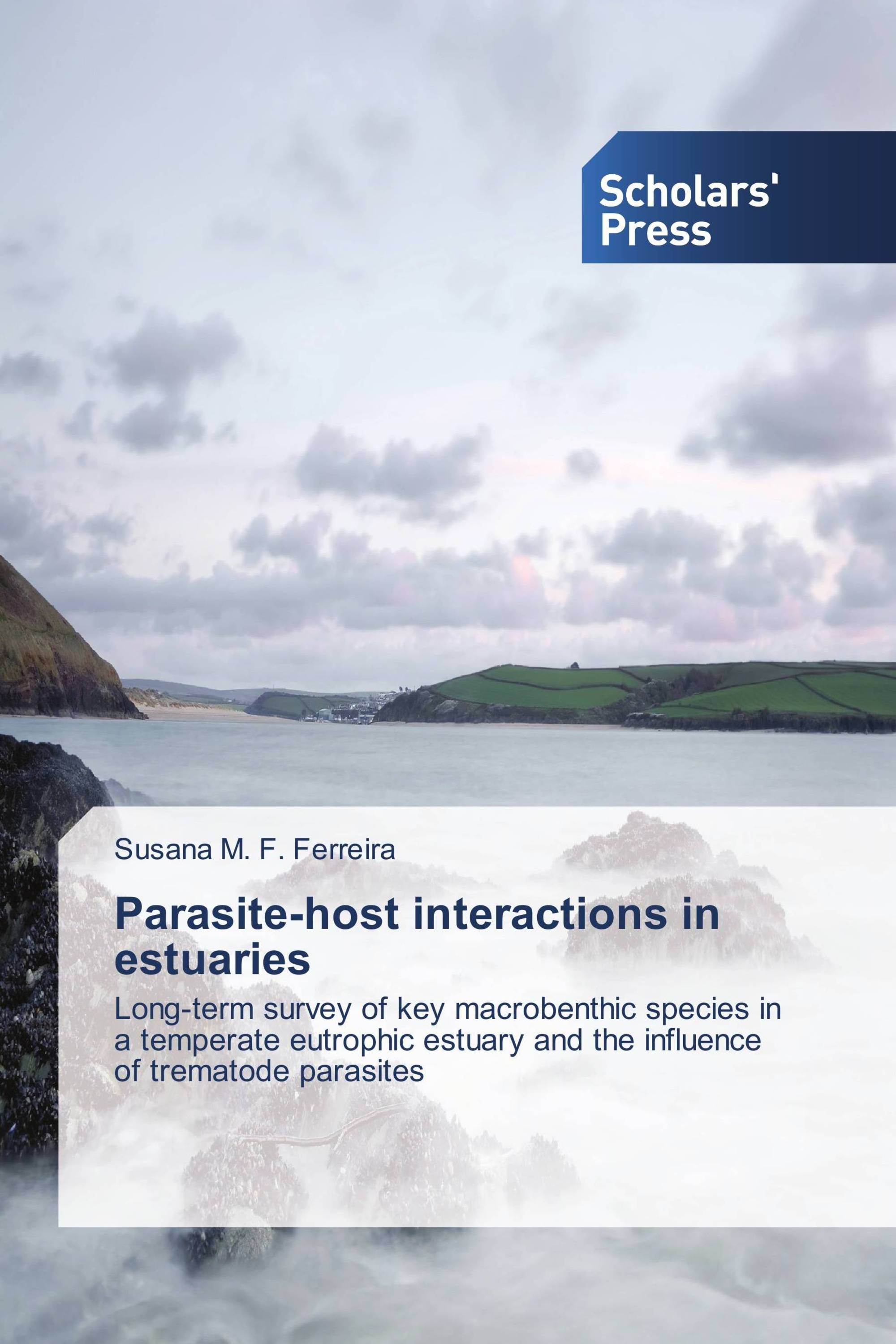Parasite-host interactions in estuaries
Long-term survey of key macrobenthic species in a temperate eutrophic estuary and the influence of trematode parasites
International Research Press ( 2014-11-03 )
€ 54,90
Digenetic trematodes are important organisms in shallow-water ecosystems, being parasites of several other animals. These parasites may exhort significant impact on the physiology of their hosts. Yet, they have rarely been taken into account in environmental studies. Trematodes are cryptic determinants of the population dynamics of their hosts, such of benthic organisms monitored in coastal systems, and their ecological repercussions are thus far unknown. In this work, the Mondego estuary is used as a model case, in a long-term study of how environmental factors (eutrophication and standard abiotic factors) are reflected in the distribution and dynamics of dominant benthic populations, such as the mud snail Hydrobia ulvae the isopod Cyathura carinata. The manuscript discusses of the role of microphallid trematodes in explaining the irregular presence of C. carinata at seagrass meadows, where H. ulvae is a dominant species and all the elements needed to complete these parasites’ life cycles are present. It is concluded that unexpected animal responses to habitat modification, such as parasite-hosts interactions, should also be thoroughly considered in environmental management.
Book Details: |
|
|
ISBN-13: |
978-3-639-66703-5 |
|
ISBN-10: |
3639667034 |
|
EAN: |
9783639667035 |
|
Book language: |
English |
|
By (author) : |
Susana M. F. Ferreira |
|
Number of pages: |
144 |
|
Published on: |
2014-11-03 |
|
Category: |
Ecology |



